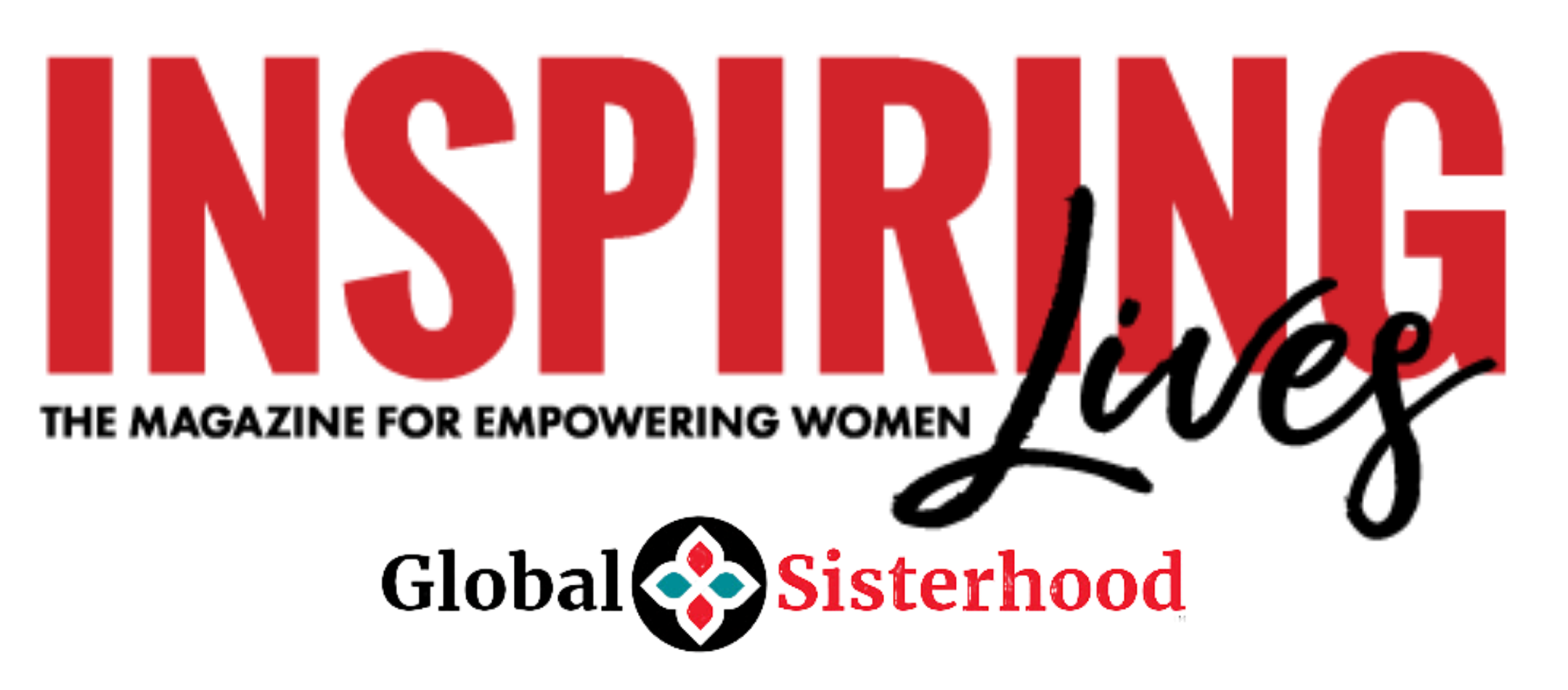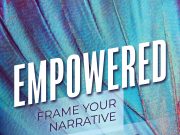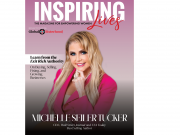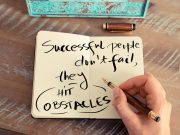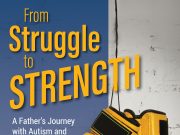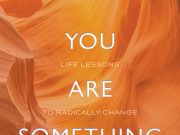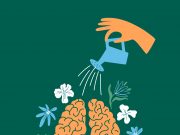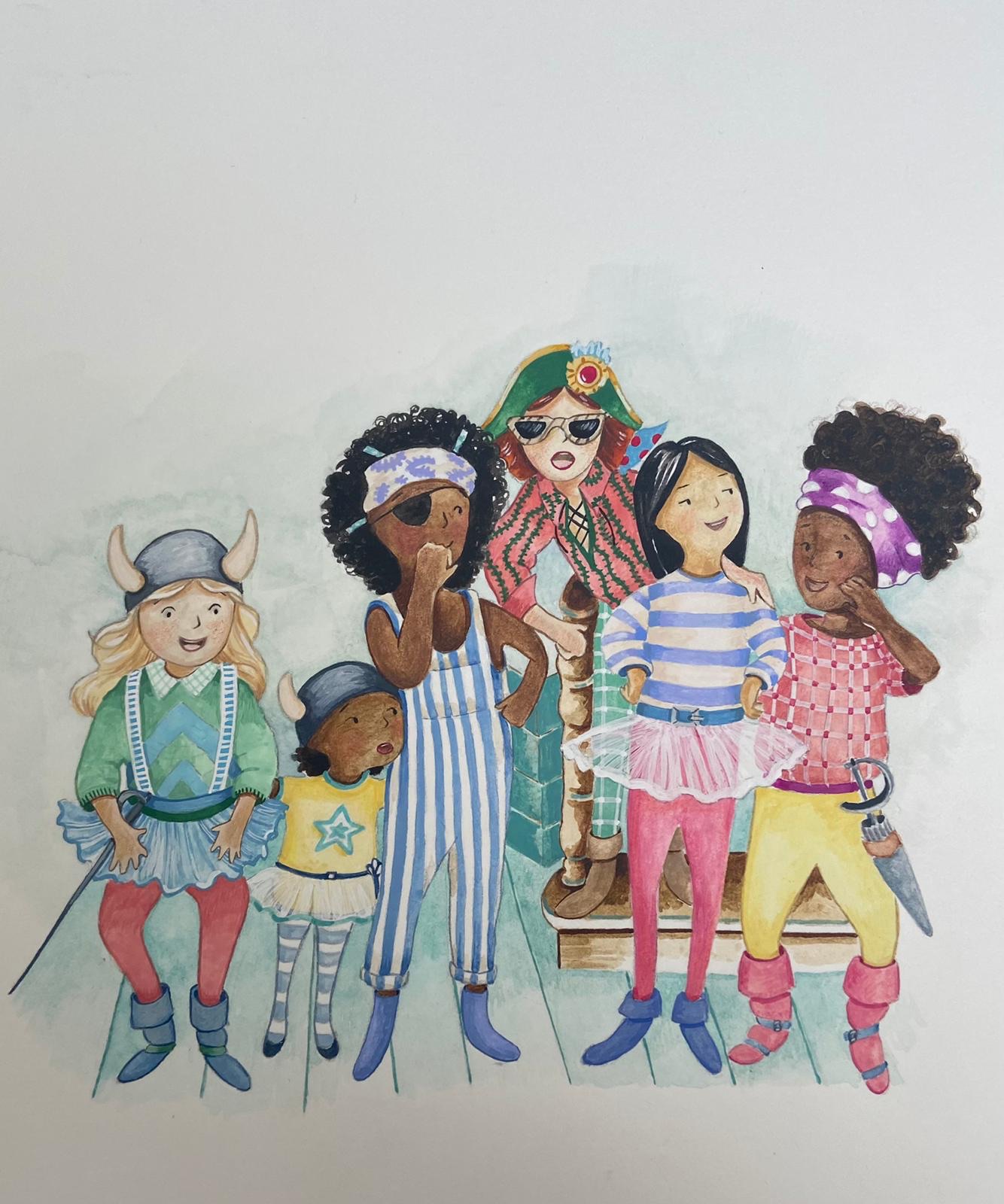When I was in my early 30’s I moved to a new city, leaving a career and life I loved behind in New York City. I remember talking to a friend and describing the feeling of dread I had every morning, waking up with a heaviness pressed on my chest. My friend instantly said, “That’s anxiety!” It was so simple and that realization set me free.
With the right tools, many can manage anxiety very successfully. We shouldn’t have to wait until age 30 to understand our mental health, and earlier intervention can ensure this. During the pandemic I set to work to bring tools to our littlest people so they could start to understand mental health and feel empowered to take charge. I decided that the most digestible medium for children would be picture books.
So, Adelaide and the Cosmic Rescue Squad, a series of children’s picture books was born. Each book has a different focus: performance anxiety, fear of the dark, anxiety about learning to swim. All the things I wish I’d known how to manage when I was younger. The books teach kids how to self-regulate when the nervous system becomes dysregulated. Having a healthy and regulated nervous system is incredibly important as parents, because our kids mirror and learn from us, and the nervous system is the foundation of… pretty much everything.
For some, self-regulation comes naturally, and for others we have to work on it as a daily practice by implementing small changes. Below are some small ideas that might help get one started.
Sounds of Nature: If you don’t have access to nature, you can listen to pre-recorded sounds of nature. Waves, bird calls, rushing rivers, even crackling fires will work.
Movement: Moderate movement like walks, yoga or pilates, and dancing. My personal favorites are qi gong and tai chi. Robert Peng is a master with whom I’ve studied and his work is available for sale on his website with some content free on YouTube.
Sunshine: Sunshine boosts vitamin D levels and vitamin D helps keep us regulated.
Cold Showers: After your lovely warm shower you can douse yourself in a dose of cold water for the last 20-30 seconds. It’s a refreshing practice that, as you can imagine, takes some acclimation.
Chanting: No, it isn’t just for Gregorian monks. And chanting anything works, but “Om” does have a nice ring to it. Laughing, humming, singing, and reciting mantras all have a similar effect, because the physical feeling of the vocal cords can stimulate the vagus nerve.
Vagus Nerve Work: It seems like there is more research released every day that highlights the importance of the vagus nerve and the role it plays as the main collection of nerves in the nervous system. It represents the main component of the parasympathetic nervous system, which controls many functions such as mood control, immune response, digestion, and heart rate. I wish I’d known about vagus nerve work years ago, as it’s the key to being regulated and would have saved me a lot of time and effort searching for the magic bullet. It is the magic bullet. Jessica Maguire has great videos on YouTube that offer in-depth explanations of the vagus nerve and how to stimulate it in a healthy way. I did her master class online during covid and I loved it.
The best advice anyone ever gave me was “Be kind to yourself. Love yourself. Forgive yourself.” I work on those three things every day, and I’m constantly preaching them to my young son, who is inevitably embarrassed by me. But, I hope you’ll try them too!
